There’s something nice about being in L.A. Sure, it has a bad rap, but when the snow is thick in Chicago, and the wind is blowing off the lake, it didn’t take much for Ryan Harvey and I to jump at John O’Neill’s offer to spearhead a Los Angeles satellite office of BG. Ryan picked a great spot, a six story complex right off the Redondo Pier, the view of the Pacific and the strand of beach below a perfect change from the snow and riveted metal of the BG Tower, my old office view completely obstructed by the zeppelin docking gangway.
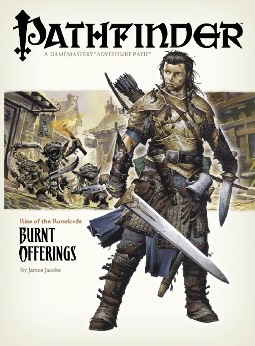 Anyway, I digress, what I was saying is that it’s nice to be in sunny southern California, and when O’Neill sent a telegraph that I had to fly to Seattle for an interview I wasn’t all smiles, that is until I discovered the person and the subject matter of the interview. [Note: He probably did this to drum up business for Howard Andrew Jones’s first Pathfinder novel Plague of Shadows, but I’ll take it… oh, and READ the book, it is awesome!]
Anyway, I digress, what I was saying is that it’s nice to be in sunny southern California, and when O’Neill sent a telegraph that I had to fly to Seattle for an interview I wasn’t all smiles, that is until I discovered the person and the subject matter of the interview. [Note: He probably did this to drum up business for Howard Andrew Jones’s first Pathfinder novel Plague of Shadows, but I’ll take it… oh, and READ the book, it is awesome!]
The place, the new Paizo HQ in Redmond Washington, just outside of Seattle. On an aside here, after playing Shadowrun till my eyes bled in college, I pretty much knew Seattle like I was born and raised there so Redmond for me was old hat. The person, Editor-in-Chief James Jacobs, and the subject Paizo’s first Pathfinder series, the 2007 classic, Rise of the Runelords.
After devoting the appropriate time to rubbing the assignment in Ryan’s face, I jumped a flight to Seattle and the rain and gloom of the northwest. While airborne, I contacted Wayne Reynolds who was featured in Burnt Offerings and the rest of the Rise of the Runelords series. I figured if I was going to do this, I better include some never before seen art, and as Wayne did the Iconics, why not see what he could come up with from his files. Note: Wayne did a Pathfinder Iconic for Black Gate that can be found here.
…
Read More Read More

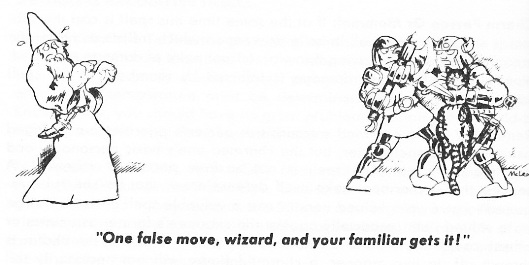
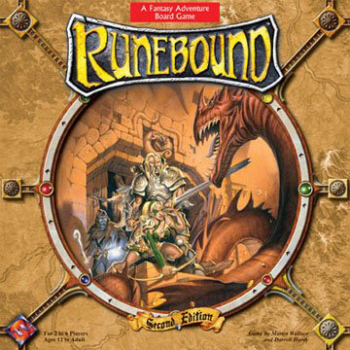
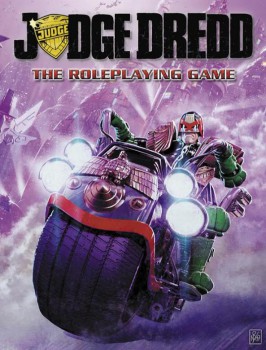
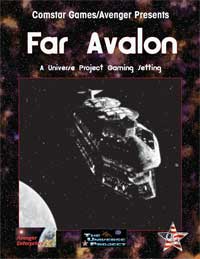 In honor of the coming conclusion of
In honor of the coming conclusion of 
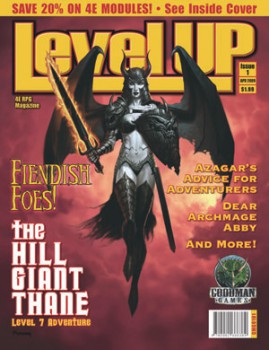 Gaming magazines can be a great asset to planning a roleplaying game, but I’ve often considered them to not be worth the cost. This one, reviewed by our very own Howard Andrew Jones, looks like it gives quite a bit of bang for the buck (or, in this case, 2 bucks). The publisher,
Gaming magazines can be a great asset to planning a roleplaying game, but I’ve often considered them to not be worth the cost. This one, reviewed by our very own Howard Andrew Jones, looks like it gives quite a bit of bang for the buck (or, in this case, 2 bucks). The publisher, 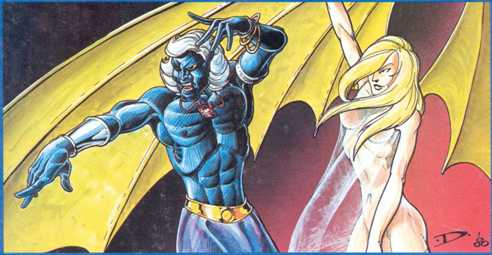

 When a show with a large fan base – especially a large SF fan base – ends, the fans have some small amount of solace, because there’s usually a rich bounty of “extended universe” materials to keep the fix going for a while. Often the avid fan, deprived of new episodes of the show, can enjoy exploring the novels, comic books, and, yes, even role-playing game supplements which are created through license with the show … but all good things must end.
When a show with a large fan base – especially a large SF fan base – ends, the fans have some small amount of solace, because there’s usually a rich bounty of “extended universe” materials to keep the fix going for a while. Often the avid fan, deprived of new episodes of the show, can enjoy exploring the novels, comic books, and, yes, even role-playing game supplements which are created through license with the show … but all good things must end.